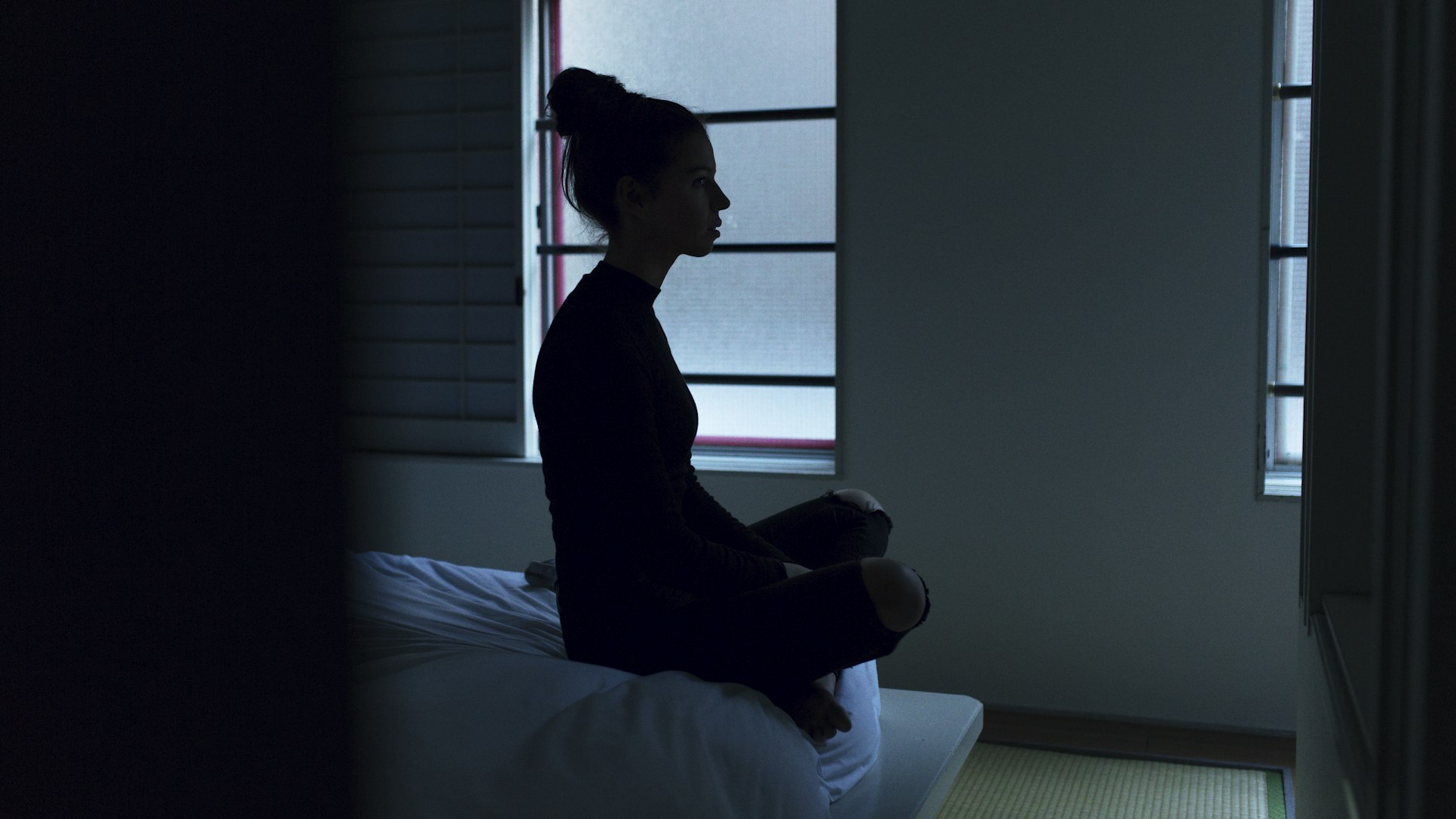In today’s fast-paced world, it’s easy to feel overwhelmed by the demands of daily life. From work deadlines and family responsibilities to social pressures and financial worries, stress and anxiety can take a toll on our mental health if left unchecked. Fortunately, there are strategies we can use to manage stress and anxiety and prioritize our mental well-being. In this article, we’ll explore some effective techniques for reducing stress and anxiety and promoting a healthier, happier mindset.
Understanding Stress and Anxiety
Before we dive into strategies for managing stress and anxiety, it’s essential to understand what they are and how they affect us. Stress is a natural response to challenging or threatening situations, triggering the body’s “fight or flight” response and releasing hormones like cortisol and adrenaline. While some stress can be beneficial, chronic stress can have negative effects on our physical and mental health, contributing to a range of issues such as high blood pressure, insomnia, and anxiety disorders.
Anxiety, on the other hand, is a persistent feeling of worry, fear, or unease about future events or situations. While occasional anxiety is normal, excessive or prolonged anxiety can interfere with daily functioning and lead to symptoms like restlessness, irritability, and difficulty concentrating.
Strategies for Reducing Stress and Anxiety

- Practice Mindfulness: Mindfulness involves paying attention to the present moment without judgment, allowing us to cultivate greater awareness and acceptance of our thoughts, feelings, and sensations. Mindfulness practices such as meditation, deep breathing exercises, and body scans can help reduce stress and anxiety by promoting relaxation and fostering a sense of calm.
- Stay Active: Regular physical activity is one of the most effective ways to manage stress and anxiety. Exercise releases endorphins, chemicals in the brain that act as natural mood lifters, and reduces levels of stress hormones like cortisol. Whether it’s going for a walk, practicing yoga, or hitting the gym, find activities that you enjoy and make them a regular part of your routine.
- Prioritize Self-Care: Self-care is essential for maintaining good mental health and well-being. Make time for activities that bring you joy and relaxation, whether it’s reading a book, taking a long bath, or spending time outdoors. Practice self-compassion and be kind to yourself, especially during times of stress or difficulty.
- Establish Healthy Boundaries: Setting boundaries is crucial for protecting your mental health and preserving your energy. Learn to say no to activities or commitments that drain you or cause unnecessary stress, and prioritize activities that align with your values and priorities.
- Connect with Others: Social support is a powerful buffer against stress and anxiety. Spend time with friends and loved ones who uplift and support you, and seek out opportunities to connect with others who share your interests and values. Joining clubs, groups, or community organizations can provide a sense of belonging and connection.
- Limit Exposure to Stressors: Identify sources of stress in your life and take steps to minimize or eliminate them where possible. This may involve setting boundaries with toxic people, reducing screen time, or delegating tasks at work or home. Remember that it’s okay to prioritize your mental health and well-being.
- Practice Gratitude: Cultivating an attitude of gratitude can help shift your focus from what’s going wrong to what’s going right in your life. Keep a gratitude journal and write down three things you’re grateful for each day, no matter how big or small. Reflecting on the positives in your life can help foster a sense of perspective and resilience.
- Seek Professional Help: If stress and anxiety are significantly impacting your daily life or functioning, don’t hesitate to seek professional help. Therapy, counseling, or medication may be necessary to address underlying issues and develop coping strategies for managing stress and anxiety effectively.
- Set Realistic Goals: Break larger tasks or goals into smaller, more manageable steps, and focus on making progress rather than perfection. Set realistic expectations for yourself and celebrate your accomplishments along the way. Remember that it’s okay to ask for help when you need it and to seek support from others.
- Practice Relaxation Techniques: Incorporate relaxation techniques into your daily routine to help calm your mind and body. Deep breathing exercises, progressive muscle relaxation, and guided imagery can all help promote relaxation and reduce feelings of stress and anxiety.

Stress and anxiety are common experiences that affect us all at one time or another. By incorporating these strategies into your daily life, you can reduce stress and anxiety, promote mental well-being, and cultivate a healthier, happier mindset. Remember that managing stress and anxiety is an ongoing process, and it’s essential to find what works best for you. With practice and persistence, you can develop effective coping strategies and live a more fulfilling and balanced life


